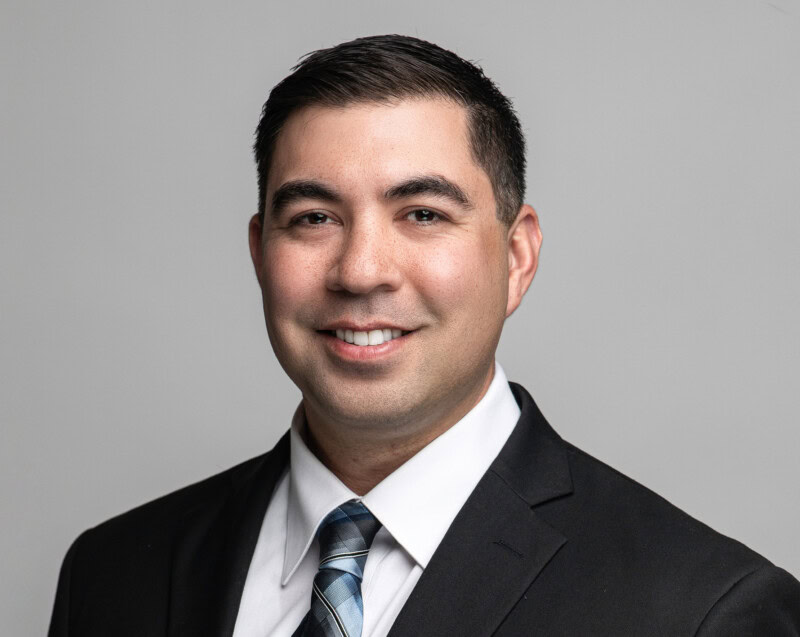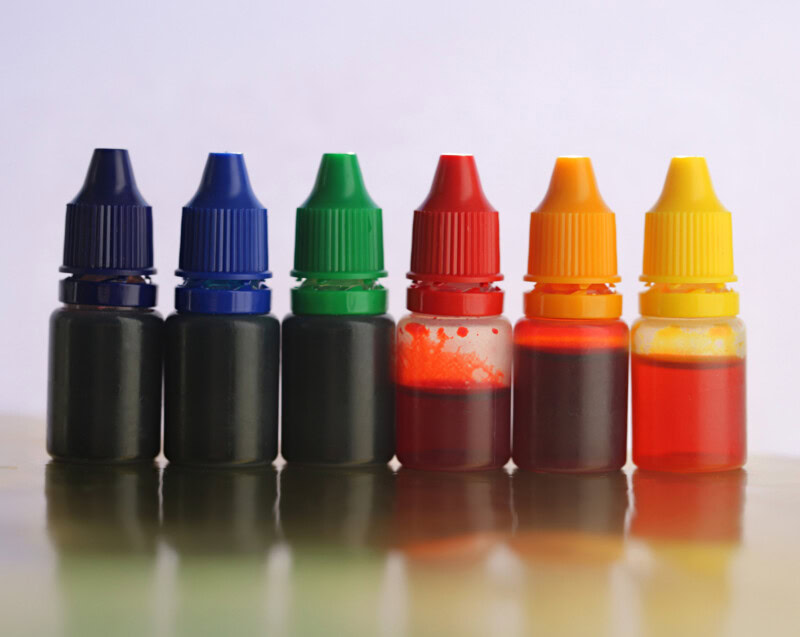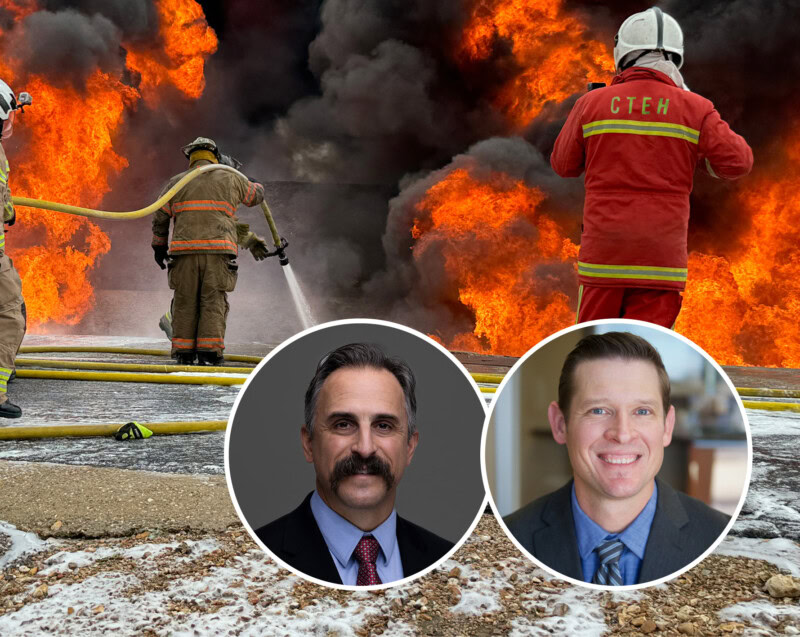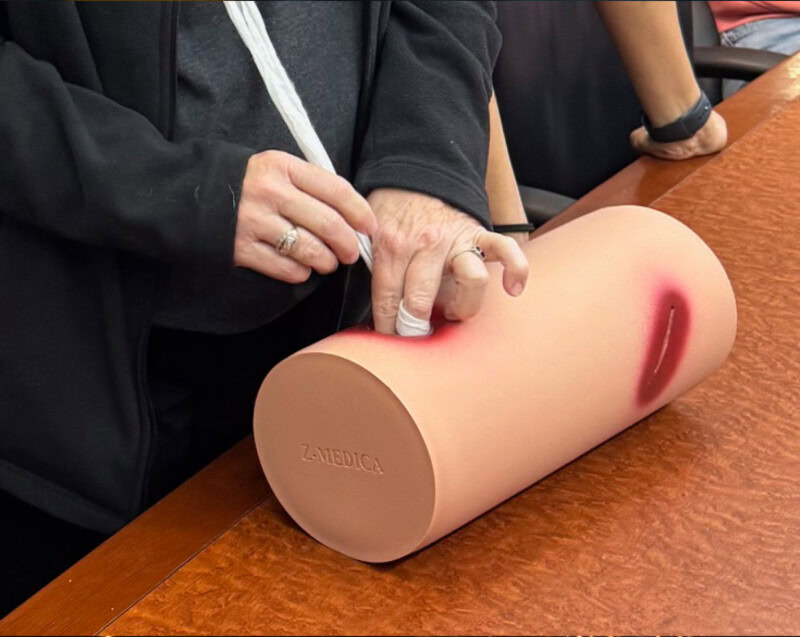Jamie Beck has proven invaluable to the Emergency Response team in his nearly ten years with the firm. From environmental scientist to senior project manager, Jamie has proven himself time and time again out in the field. That’s why he will now lead a division as the director of response management. Learn more about Jamie in the Q&A below.
How has your role evolved since you started?
Since joining CTEH in 2013, I have followed the natural career path of fieldwork to project and personnel management, all while supporting a wide variety of emergency response and disaster recovery projects. No matter my role, I have always remained part of the Emergency Response (ER) division within CTEH – I started as an environmental scientist and have advanced to senior project manager within our Toxicology Emergency Response Program (TERP). My new role as the director of response management will serve as an extension of all the experience I’ve gained at CTEH.
How are you planning to approach this new role?
My plan for this role is to further integrate the Response Management team with the remainder of the Emergency Response Division, which will create more project opportunities for the division as a whole. I intend to continue the development of external partnerships that will allow for a better support pathway for our team. I want to build an even more robust group of emergency response professionals; this will be critical to the CTEH ER program as we continue to provide clients with the quality work they expect from us.
What excites you the most about your new position?
I’m excited to work with a new array of professionals with a wide variety of experience and skill sets. This team will allow me to see response work from a fresh perspective.
What does CTEH mean to you?
CTEH has always been about teamwork and the relationships formed with your colleagues. I believe that if you enjoy the people you work with, you are more likely to enjoy the work itself. This comes in handy, especially on ER projects, as we spend many long days with each other in high-stress environments, tasked with helping others through their toughest days. Our team’s strong cohesion and shared dedication to science and a quality work product is what allows us to do what we do so well.




